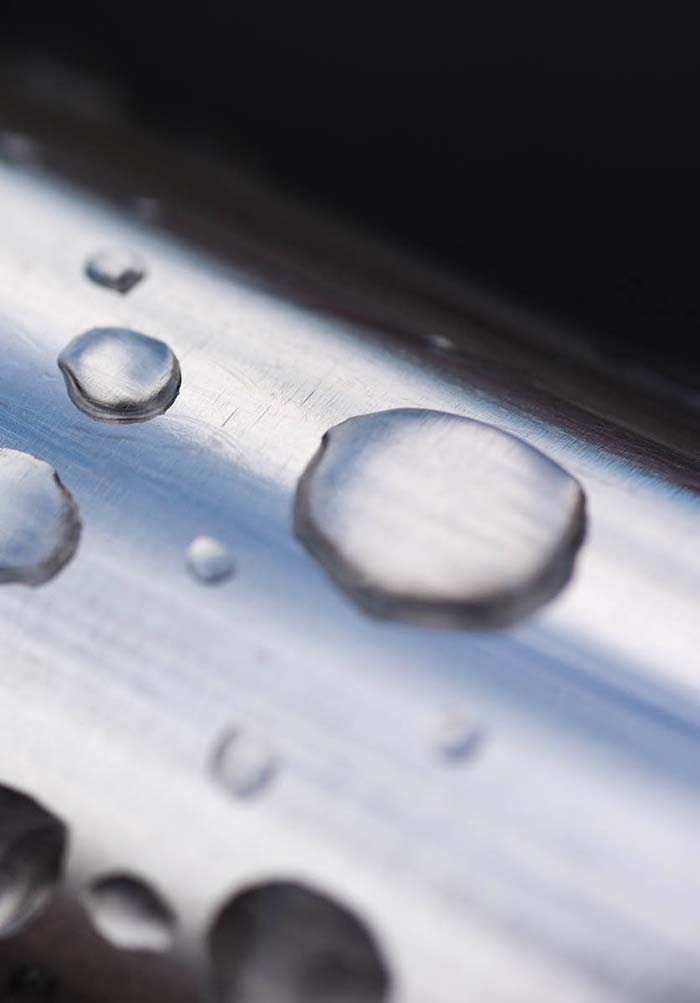Ok so help me please understand.
There are certain friction modifiers that claim to "Bond" with the metal surface.
But i know from experience, that no matter how well, or long, you let your old oil drain there is always some of the old oil and metallic wear particles left in the engine and oil pan and those particles will mix with the new oil. These are facts.
So..
if the friction modifier "bonds' with the metal would it not also bond some of those metal particles,in oil suspension along with it to the contacting surfaces??
There are certain friction modifiers that claim to "Bond" with the metal surface.
But i know from experience, that no matter how well, or long, you let your old oil drain there is always some of the old oil and metallic wear particles left in the engine and oil pan and those particles will mix with the new oil. These are facts.
So..
if the friction modifier "bonds' with the metal would it not also bond some of those metal particles,in oil suspension along with it to the contacting surfaces??
Last edited:


